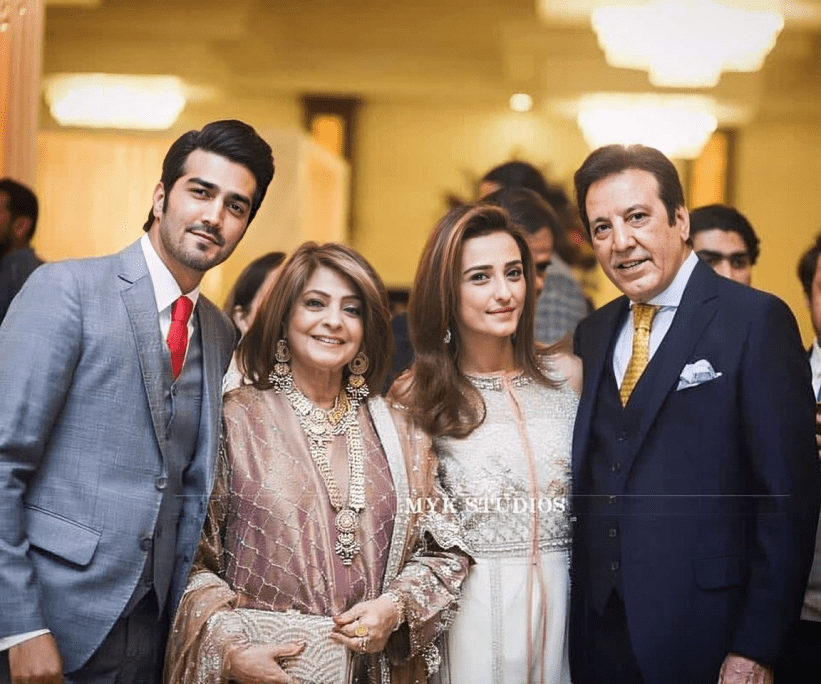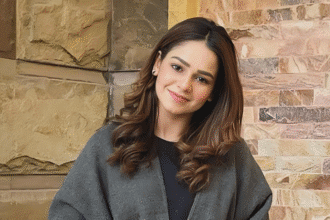Veteran actor Javed Sheikh and his daughter, actress Momal Sheikh, recently appeared on Gohar Rasheed’s talk show Ramz, where they candidly discussed the emotional and social impact of divorce on families — particularly children, men, and women.
During the interview, both father and daughter spoke from personal experience, reflecting on the turbulent period following Javed Sheikh’s separation from his former wife, Zeenat Mangi. They acknowledged that while their professional lives remained strong, their family went through significant emotional challenges.
Javed Sheikh highlighted that divorce often has a heavier emotional toll on women. “A man may find distractions in work or social settings, but a woman is often left to manage the home, the children, and the silence. That pressure can be overwhelming,” he said. He emphasized that while both parties suffer, women are frequently expected to bear more responsibility — both emotionally and practically — after a relationship ends.
Momal Sheikh, however, brought attention to the often-overlooked emotional struggles of men after divorce. She noted that society tends to dismiss men’s emotional pain. “Men’s feelings are usually sidelined. The mother keeps the children, which gives her emotional comfort. But rarely does anyone ask the father how he’s coping without his children,” she shared. Momal also pointed out the cultural taboo that discourages men from expressing vulnerability. “We live in a world where women are working too. So why can’t a man be given an equal chance to raise his children after a divorce?” she questioned.
Both Javed and Momal agreed that reconciliation and mutual understanding are vital in rebuilding family dynamics. They shared that the family reunited when Momal was getting married, and Javed Sheikh returned to the family home — a turning point that helped heal past wounds.
The father-daughter duo’s appearance on Ramz opened up important conversations about the emotional consequences of divorce in South Asian families. Their honest dialogue offered a rare, balanced perspective on how separation affects both genders — and how children often carry the heaviest burden.
This interview adds to a growing discourse in Pakistani media about mental health, emotional awareness, and the changing roles of men and women in family systems. With increasing public interest in celebrity narratives, conversations like these help humanize those in the spotlight and shed light on issues that are often left unspoken.














